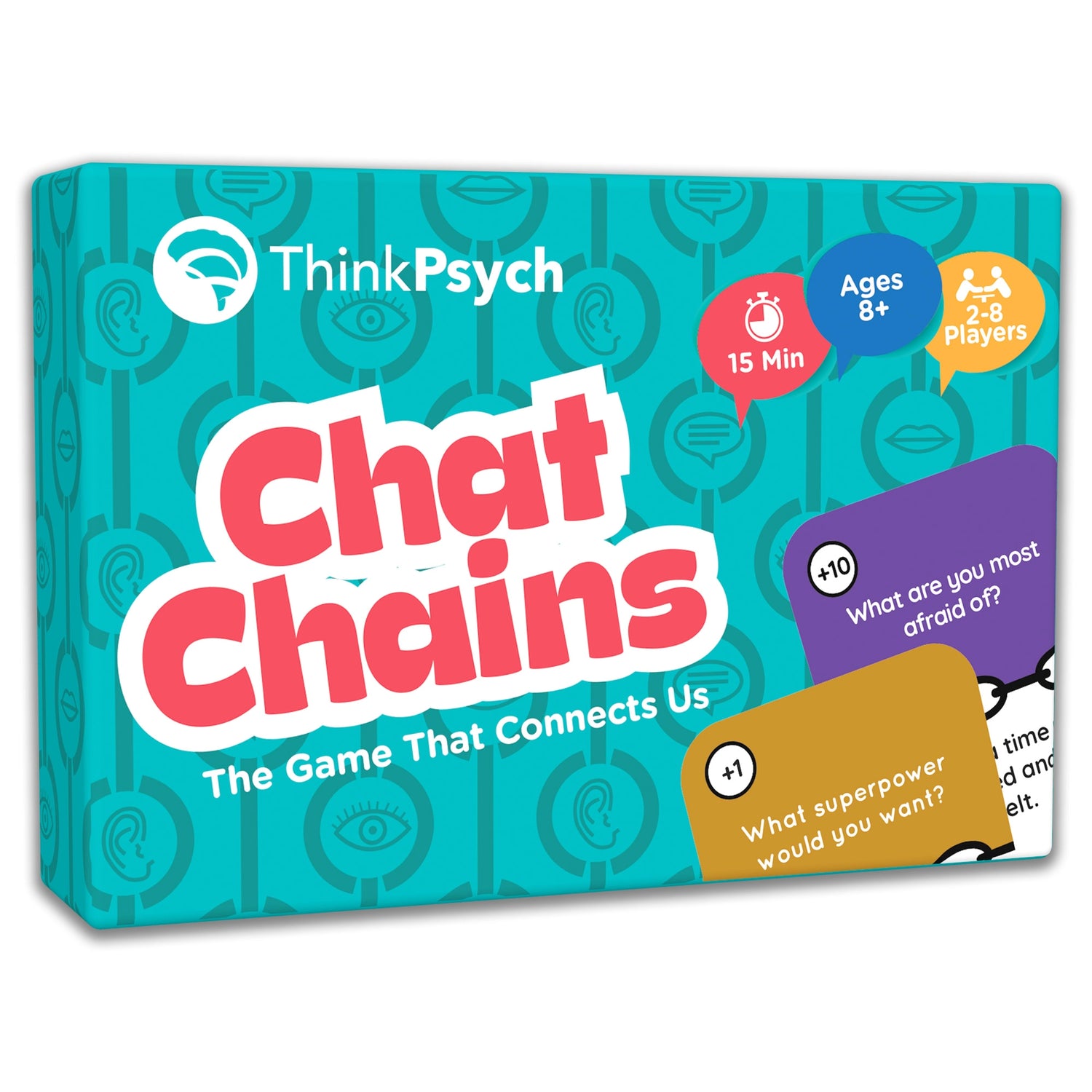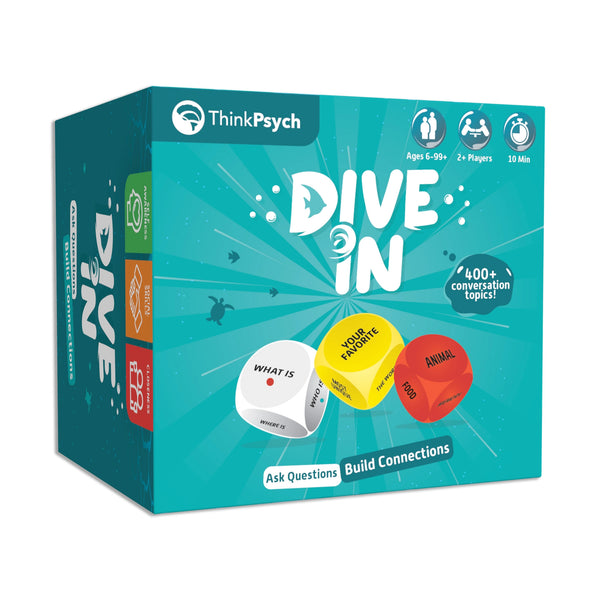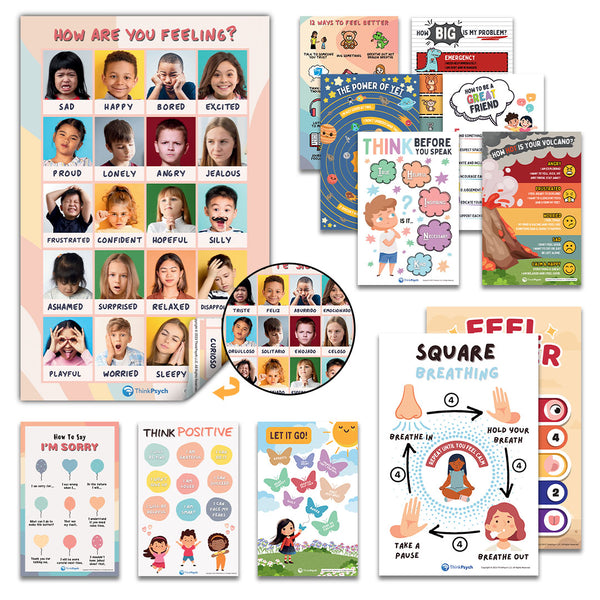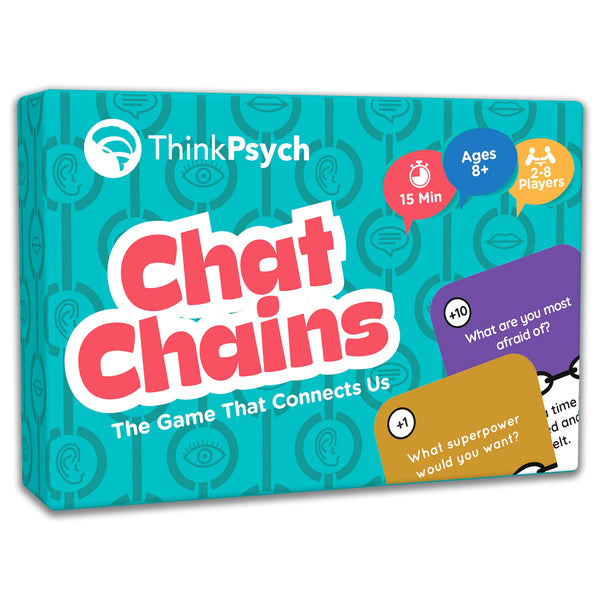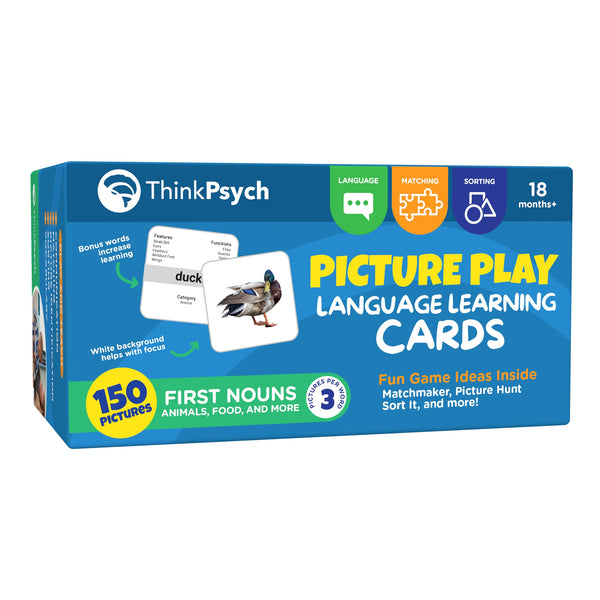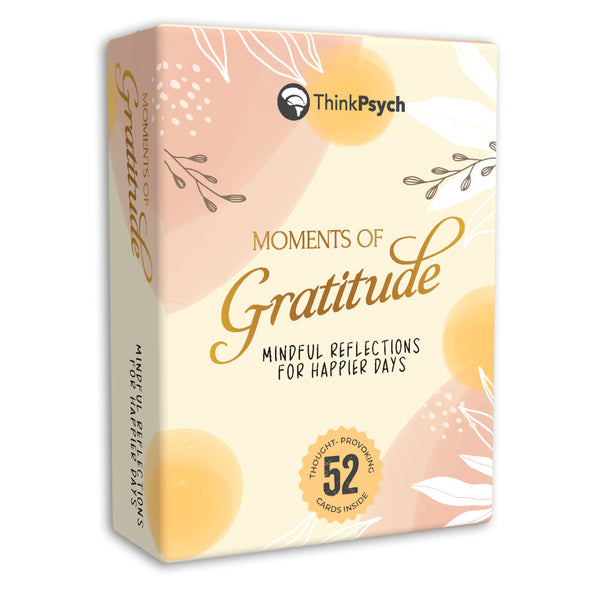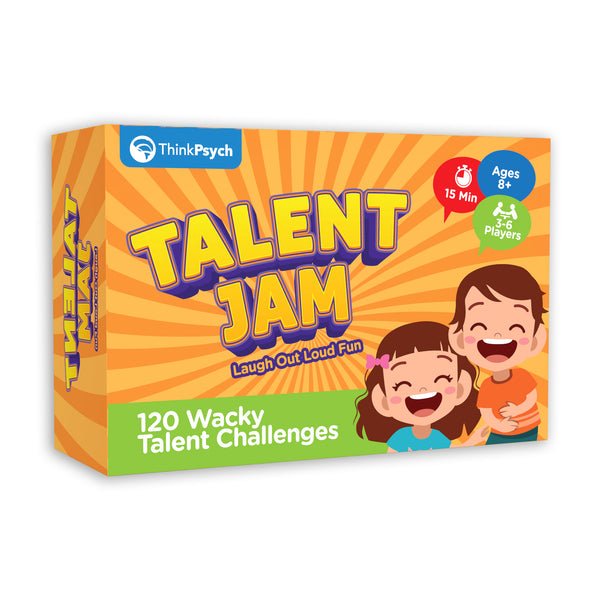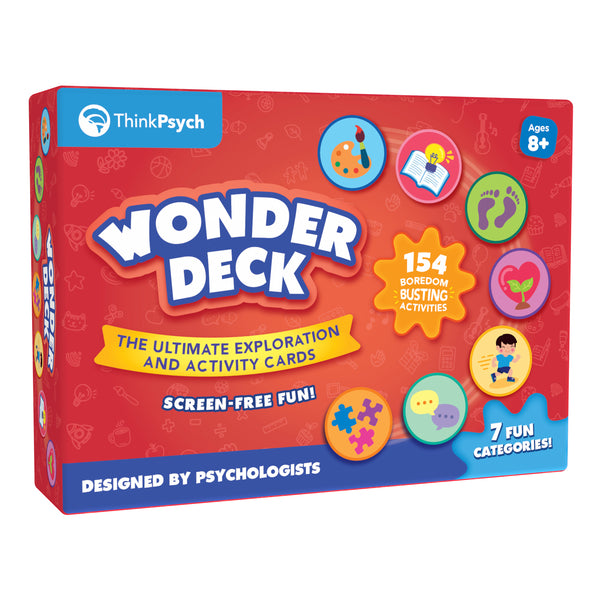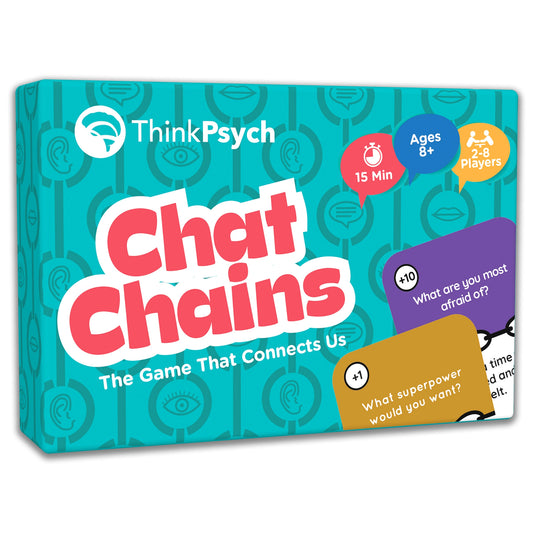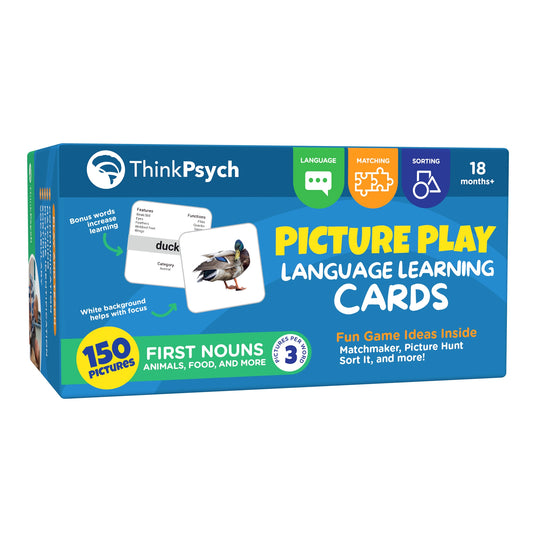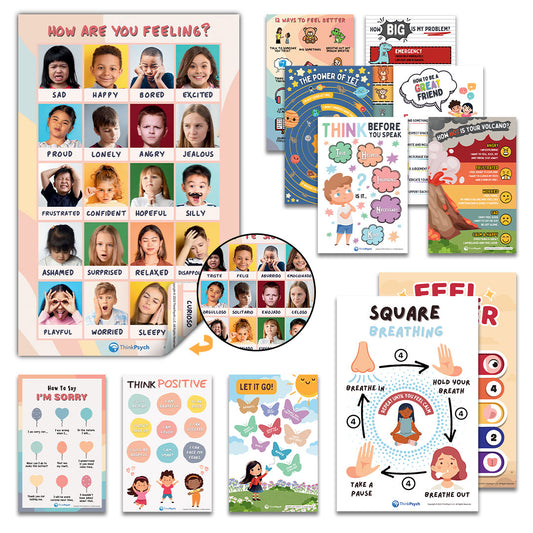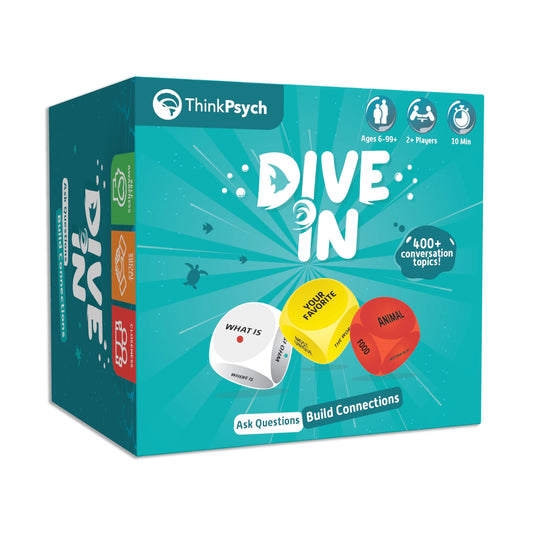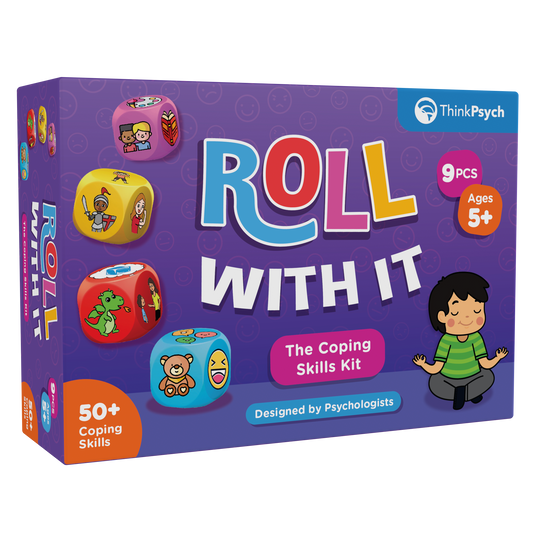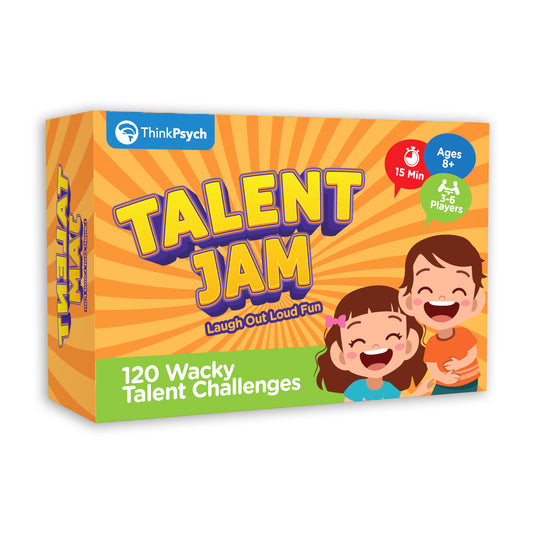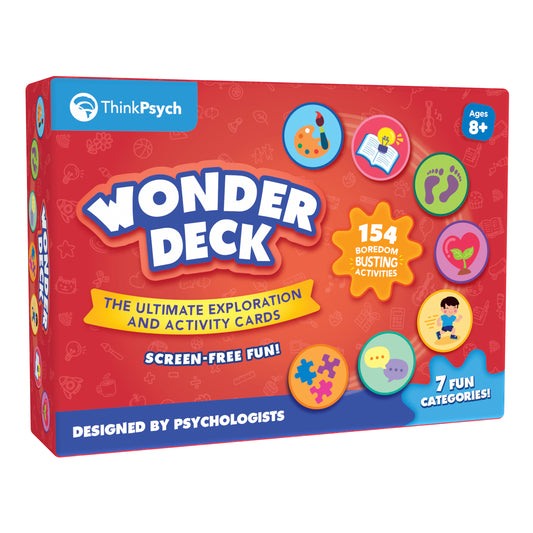
What Is Reminiscence Therapy?
Share
As you age, the memories you’ve gathered become a source of comfort and joy. However, sometimes, those memories are just out of reach. Reminiscence therapy (RT) taps into the power of your memories, inviting you to share life experiences through storytelling, photos, music, and other sensory cues.
RT is more than just a stroll down memory lane — it’s a proven method to improve cognitive function, boost self-esteem, and foster meaningful relationships. As many older adults face challenges like memory loss, loneliness and even depression, this therapeutic approach offers a gentle yet powerful way to rekindle joy and strengthen their sense of identity.
What Is Reminiscence Therapy?
RT is a psychosocial approach based on remembering through talking. You might have an elderly family member who has slowly become more introverted and is losing the ability to recall specific events, names, or people. RT can help them be more open again and remember all the incredible details about their lives.
This intervention involves older adults sharing stories about their lives, the things they’ve seen and done, and the places they have visited. By encouraging elders to think about their memories and share them with others, you allow them to rebuild connections.
When elderly people are encouraged to recall specific events, it might evoke memories and stimulate their mental activity. Recalling and sharing memories with those closest to them also gives them a sense of general well-being.
RT is often facilitated by props, videos, photos, and other objects that might help jog the person’s memory. Depending on the person's comfort, RT sessions can be conducted in group or individual settings. If done individually, the therapist and the patient often create a life storybook.
There are two types of reminiscence therapy — simple reminiscence therapy and life review therapy. Simple reminiscence focuses on individuals sharing details about their past, like holiday memories or when their first child was born. Life review is more structured and involves every detail of a person’s life story. Life review focuses on everything from childhood to the present day.
RT can be done in several ways, but an excellent way to practice this approach is by using question prompts like the ones found in Golden Memories, a deck of cards filled with questions to ask during RT or at home with a loved one. The categories include historical events, life milestones, people, and sensory questions.
What Are the Benefits of Reminiscence Therapy?
Any person who is losing their memories will begin to feel vulnerable, lonely, and even depressed. RT aims to mitigate all those feelings by:
● Reducing feelings of loneliness and, therefore, depression: As a person talks more about their life to someone who’s truly listening and cares, they will feel less lonely and can work toward overcoming this depressive period.
● Enhancing communication skills: When someone feels lonely, their communication tends to worsen. However, with continued communication through RT, the person will improve their communication skills and feel more comfortable chatting with others.
● Fostering social interaction: In today’s fast-paced society, older adults often feel left behind during social interactions, but giving them a platform like RT to socialize mitigates these feelings.
● Offers a confidence boost: When people can successfully recall details about their lives and effectively communicate them with others, it boosts their confidence and reinforces their self-esteem.
Who Would Benefit from Reminiscence Therapy?
While it's healthy for any person to reminisce, RT is specifically aimed at those who have some memory loss or depression. Dementia and depression patients are ideal candidates for this type of therapy.
The memory loss that comes with dementia and depression can be partially mitigated by RT. However, it is essential to note that RT is not an official cure for these conditions. Instead, it is a therapy to alleviate the symptoms.
Shop ThinkPsych Products
RT can also be an excellent treatment for people who are experiencing post-traumatic stress disorder (PTSD). Veterans and others who are experiencing PTSD might experience memory loss as a result of the condition and would benefit from RT.
Reminiscence Therapy and Dementia
Dementia is a disorder that can affect people of any age, but it is most prevalent in elderly people. If you suspect that your loved one has dementia, here are some early signs you can look out for:
- Memory loss: Memory loss is the most common dementia symptom. While it is normal not to be able to recall every detail of your life, excessive memory loss is an early sign of dementia.
- Directional confusion: Most people can follow basic directions, but those with dementia might have difficulty following routes or differentiating between right and left. If your loved one gets lost often while driving, it might be time to check for dementia.
- General confusion: A person with dementia will likely experience general confusion due to memory loss. If memory loss has not yet become evident, but you’re noticing your loved one becoming confused by seemingly simple situations, it might be dementia.
- Moodiness: Dementia can severely affect an elderly person’s mood and personality. They might be more depressed than usual or have a drastic personality trait change, like going from meek and mild to loud and abrasive. These shifts can indicate dementia.
If your loved one has dementia and you’re looking for a strategy that will allow them to feel confident and connected, RT is an excellent option. The benefit of RT is that it can be practiced in many ways and meets your loved one where they are.
RT can be practiced whenever your loved one is ready and can tolerate speaking to someone for a while. If your loved one is more introverted on a particular day, you can keep it short. However, they can have a more extended session if they're particularly chatty.
RT is a modality that can be practiced anywhere, so if your loved one is more comfortable talking in a particular room or at a specific time of day, you can tailor it to meet them in that place.
Reminiscence Therapy and PTSD
PTSD is often associated with veterans, but it is a condition that can affect any person at any age. Any person who has experienced significant trauma that has caused them mental, physical or emotional harm is at risk of developing PTSD.
PTSD often leads to memory loss, which can be mitigated with the use of RT. RT could encourage self-disclosure for patients and allow them to work toward healing the trauma they experienced.
Finding Joy and Connection Through Memories
RT is a simple yet profound way to enhance the lives of older adults, those with depression, and those with PTSD. It offers emotional, cognitive, and social benefits. By revisiting cherished moments and sharing personal stories, those affected can rediscover their sense of purpose, strengthen relationships and find joy in the moment.
As caregivers and family seek unique ways to support their loved ones, embracing RT is an excellent way to create connection and find healing.
Sources:
● Reminiscence Therapy vs. Life Review Therapy: A Quick Guide https://positivepsychology.com/reminiscence-therapy-life-review-therapy/
● The Benefits of Reminiscence Therapy https://cobhamcare.co.uk/news/2019/03/the-benefits-of-reminiscence-therapy/
● Why Your Emotional Wellness Matters More Than You Think https://revivalist.com/emotional-wellnes/
● What are the Warning Signs of Dementia? https://www.johnsonduffie.com/articles/what-are-the-warning-signs-of-dementia/
